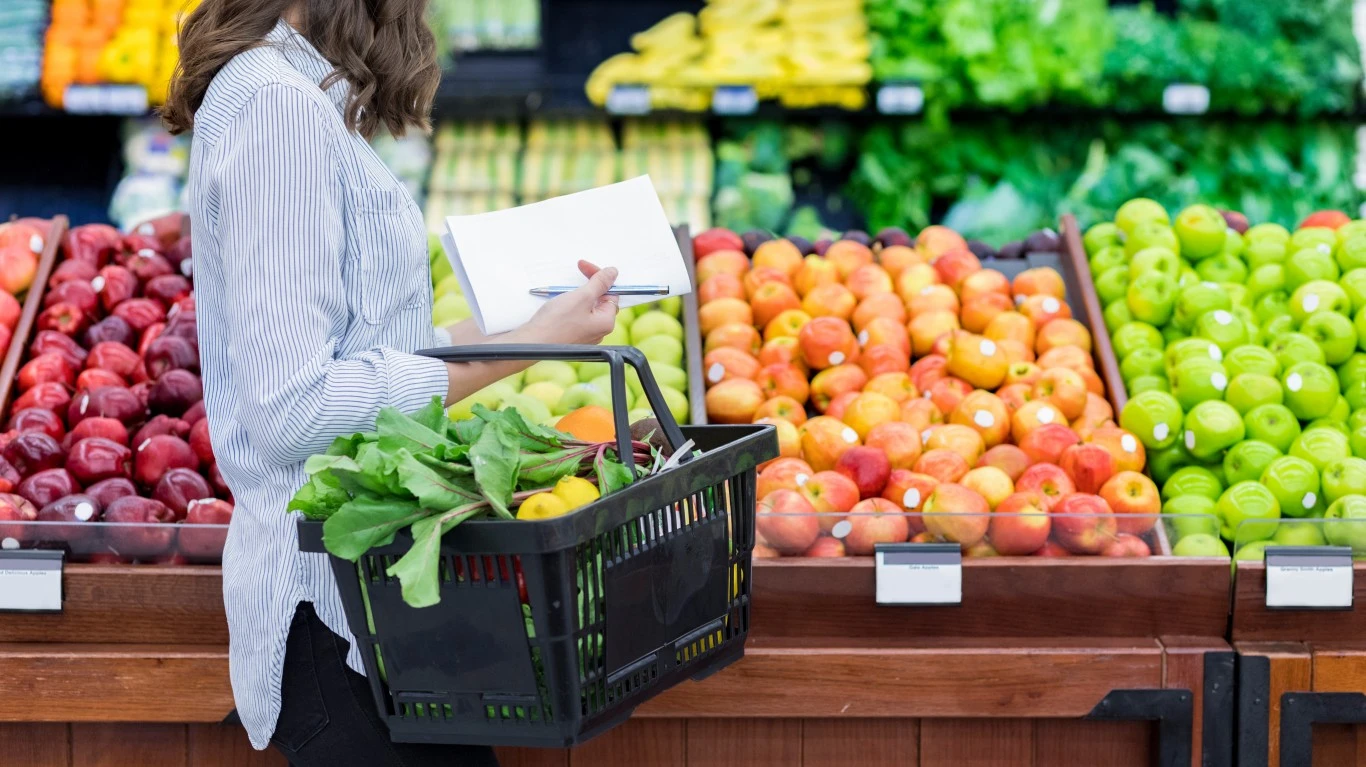
You may want to reconsider eating those fiber-rich strawberries. And maybe think twice before adding two of the always so popular vegetables to make a smoothie “green.” Yes, we are talking about spinach and kale. Those two superfoods are among fruits and vegetables that contain the most pesticides, according to the Environmental Working Group’s 2022 “Dirty Dozen” report.
Kale has appeared on the list of contaminated foods since 2019, after not appearing on it for about a decade. (Collard and mustard greens, kale’s relatives, are on the list too.) And almost all samples of strawberries the nonprofit organization tested had detectable amounts of at least two pesticides. Spinach, a favorite leafy green for smoothies, did not fare much better. Half of the tested samples contained at least one bee-killing pesticide that has been banned in Europe.
Other produce on the list: apples, cherries, nectarines, grapes, peaches, pears, celery, and tomatoes. And, worst of all, bell and hot peppers, which tests showed contain residue from the highest number of pesticides – 101 and 103 different kinds, respectively.
Pesticides include a wide variety of chemicals that are used to kill insects, weeds, mold, and rodents that may destroy the produce. While they may protect the food, they can also be toxic to people, according to the World Health Organization. (They may, however, help combat some of the most devastating invasive species.)
The pesticide that has been detected the most in greens was Dacthal – a trade name for Dimethyl tetrachloroterephthalate – one of two pesticides known by the abbreviation DCPA. The Environmental Protection Agency classified it in 1995 as a possible human carcinogen, and the EU banned its use beginning in 2009.
Environmental experts advise buying organic produce whenever possible because it can limit your exposure to extra pesticides and insecticides. Certified organic fruits and vegetables are theoretically free of synthetic pesticides, though they may contain natural substances that have a pesticidal effect. (These are foods with a strikingly low impact on the environment.)
Click here to see the most contaminated foods you can buy at the grocery store
Whether produce containing pesticides is really harmful depends on the amount of residue the fruit or vegetable in question contains. For example, according to the Alliance for Food and Farming Pesticide Residue Calculator, a child would have to consume 340 apples in one day in order to experience adverse effects from the pesticides found on the fruit.





